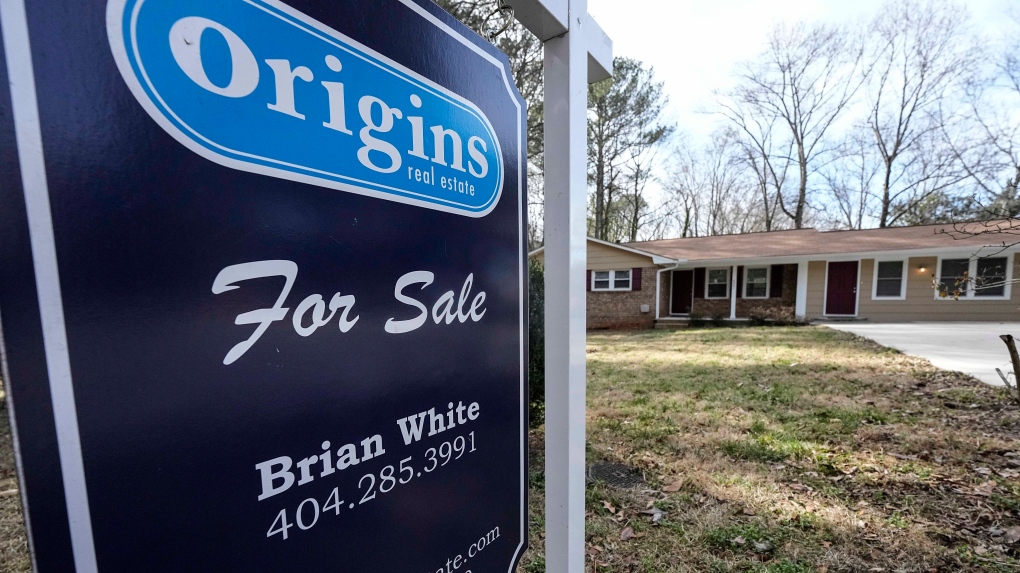A recent article by The Wall Street Journal has shed light on the ongoing debate within the U.S. Drug Enforcement Administration (DEA) regarding the potential rescheduling of cannabis to a lower-risk drug category.
The Department of Health and Human Services (HHS) recommended back in August that cannabis be moved from its current classification as a Schedule I drug to Schedule III, placing it in the same category as medications like Tylenol and ketamine. For those unfamiliar with the Controlled Substances Act (CSA), drugs listed under Schedule I are considered to have no accepted medical use and a high potential for abuse. This category currently includes substances like heroin and ecstasy, as well as cannabis. The DEA began a review earlier this year in response to a request from lawmakers to consider the potential benefits of marijuana legalization. However, some officials within the DEA have voiced concerns about the proposed rescheduling of cannabis. One of the primary concerns raised by these officials is the potency of modern cannabis strains compared to those available in the past. This concern stems from the fact that today's cannabis products contain higher levels of THC, the psychoactive component of the plant, which could potentially increase the risk of abuse and dependence. Additionally, some argue that the therapeutic benefits of cannabis are not yet fully substantiated and that further research is needed to understand the long-term health effects of marijuana use. Under current U. S. law, the DEA can only reschedule marijuana if there is scientific evidence supporting its medicinal benefits. This means that any decision made by the agency will require solid research and data to support the potential benefits and risks associated with cannabis use. Furthermore, any decision made by the DEA will be subjected to a public comment period, allowing for feedback and input from stakeholders and the general public. The debate over the rescheduling of cannabis is not a new one. Advocates for legalization argue that marijuana has shown promise in treating a variety of medical conditions, including chronic pain, epilepsy, and anxiety. They claim that by moving cannabis to a lower-risk category, patients will have better access to a potentially beneficial treatment option without the stigma and legal barriers associated with Schedule I drugs. Opponents, on the other hand, raise concerns about the lack of conclusive evidence supporting the medical use of cannabis and the potential for increased abuse and addiction. They argue that more research is needed to fully understand the impact of long-term cannabis use on both physical and mental health. Additionally, some worry that rescheduling marijuana could send the wrong message about the safety and risks associated with the drug. In the midst of this ongoing debate, one thing is clear: the decision to reschedule cannabis is not one to be taken lightly. The potential benefits and risks must be carefully weighed and considered, taking into account the latest research and scientific evidence available. With the public comment period looming, stakeholders on both sides of the issue will have the opportunity to voice their opinions and concerns, shaping the future of cannabis policy in the United States.Some DEA Officials Oppose Rescheduling of Cannabis
.png) 3 months ago
102025
3 months ago
102025
Related
Adani Enterprises to Replace Wipro in Sensex, Expected Chang...
1 month ago
22874
Exxon Announces New Oil Discovery Offshore Angola - S&P Glob...
1 month ago
29450
Warning from U.S. Officials: Mortgage Companies Could Worsen...
1 month ago
30671
Shopify's Q1 Loss Leads to Decline in Shares, Predicts Slowe...
1 month ago
34882
Trending in United States of America
1. Chris Duarte
2. John Cena
3. Jon Landau
4. Lakers
5. Colombia
6. Djokovic
7. Ben Rice
10. NASCAR Chicago
Popular
Epic Games Prepares to Revolutionize Mobile Gaming with Plan...
4 months ago
136848
Discover What Your Mobile Cover Reveals About You
4 months ago
136776
Bloomberg: Nintendo Switch successor will be released in ear...
4 months ago
136708
Tower Semiconductor wants to build $8 billion chip factory i...
4 months ago
136691
Google Reinstates Indian Apps on Play Store After Government...
4 months ago
136648
Subscribe Newsletter
Fill out the form below to subscribe to our news
© Newstia 2024. All rights are reserved









 English (US)
English (US)